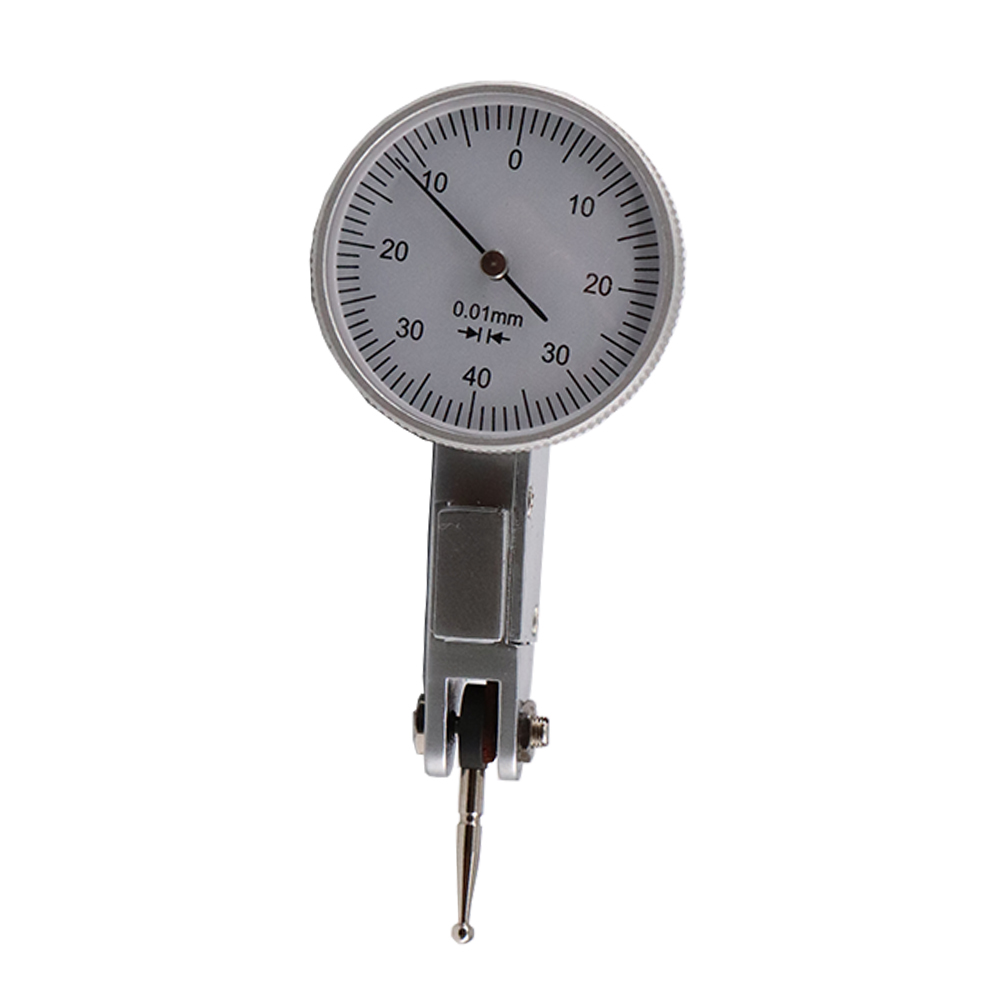drill bits Factory
A drill bits factory specializes in manufacturing a wide variety of drill bits designed for different materials and applications. Choosing the right factory is crucial for ensuring quality, precision, and cost-effectiveness. This guide explores the key aspects of drill bits factories, helping professionals make informed decisions.
Understanding Drill Bits Manufacturing
The Drill Bits Manufacturing Process
The manufacturing process of drill bits involves several steps, starting from raw materials to the final product. High-speed steel (HSS), cobalt steel, carbide, and other materials are used depending on the type of drill bit. The process typically includes:
- Material Selection: Choosing the appropriate material based on the intended use of the drill bit.
- Forging/Forming: Shaping the raw material into the basic form of the drill bit.
- Flute Grinding: Creating the helical grooves (flutes) that remove chips during drilling.
- Heat Treatment: Hardening the steel to improve durability and wear resistance.
- Surface Treatment/Coating: Applying coatings like titanium nitride (TiN) or black oxide to enhance performance and extend the life of the drill bit.
- Quality Control: Inspecting the drill bits for dimensional accuracy, hardness, and other quality parameters.
Types of Drill Bits Produced
A drill bits factory typically produces a diverse range of drill bits, including:
- Twist Drill Bits: The most common type, suitable for general-purpose drilling in wood, metal, and plastic.
- Brad Point Drill Bits: Designed for precise drilling in wood, with a sharp point to prevent wandering.
- Spade Drill Bits: Used for drilling large-diameter holes in wood.
- Hole Saws: For cutting large holes in various materials.
- Masonry Drill Bits: Specifically designed for drilling into concrete, brick, and stone.
- Step Drill Bits: Used for drilling multiple hole sizes with a single drill bit, often in sheet metal.
- Carbide Drill Bits: Extremely hard and durable, ideal for drilling into hard materials like stainless steel and hardened steel.
Key Considerations When Choosing a Drill Bits Factory
Quality Control and Certifications
Quality control is paramount. Look for a drill bits factory with robust quality control processes and relevant certifications such as ISO 9001. This ensures that the drill bits meet consistent quality standards. Reputable factories use advanced testing equipment to verify hardness, dimensional accuracy, and performance.
Material Expertise
The expertise of a drill bits factory in material science is crucial. They should be knowledgeable about the properties of different materials and how they affect the performance of drill bits. For instance, cobalt steel drill bits are more heat-resistant than HSS drill bits, making them suitable for drilling into harder metals. The **drill bits factory** you choose should be able to advise on the best materials for your specific applications.
Production Capacity and Customization Options
Assess the drill bits factory's production capacity to ensure they can meet your volume requirements. Also, inquire about customization options. Can they produce drill bits to your specific dimensions, materials, or coatings? Customization can be especially important for specialized applications.
Cost and Lead Times
Compare pricing from different drill bits factories, but don't compromise on quality. Consider the total cost, including shipping and any applicable tariffs. Also, inquire about lead times, especially for large orders or custom products. Understand the factory's production schedule and capacity to avoid delays.
Communication and Customer Service
Effective communication is essential. The drill bits factory should be responsive to your inquiries and provide clear and accurate information. Good customer service can make a significant difference, especially if you encounter any issues with your order.
Finding a Reliable Drill Bits Factory
Online Research and Directories
Start by conducting online research. Use search engines like Google and business directories like Alibaba and ThomasNet to find potential drill bits factories. Read online reviews and check the factory's website for information about their products, services, and certifications.
Trade Shows and Industry Events
Attend trade shows and industry events related to manufacturing and metalworking. These events provide an opportunity to meet with representatives from different drill bits factories, see their products firsthand, and discuss your specific needs. The team at Wayleading Tools (www.wayleading.com) often attends these events, showcasing our latest innovations in cutting tools and providing expert advice. We encourage you to visit our booth to discuss your specific needs for high-quality drill bits.
Factory Visits and Audits
If possible, visit the drill bits factory to assess their facilities and production processes. This allows you to see their equipment, observe their quality control procedures, and meet with their management team. Consider conducting a formal audit to verify their compliance with quality standards and ethical practices.
Drill Bits Coatings and Their Applications
Titanium Nitride (TiN)
TiN coating increases surface hardness and wear resistance, extending the life of the drill bit. It is suitable for general-purpose drilling in various materials.
Titanium Aluminum Nitride (TiAlN)
TiAlN coating provides even greater hardness and heat resistance than TiN. It is ideal for drilling in high-temperature applications and harder materials like stainless steel. This coating is often found on premium drill bits designed for demanding tasks.
Black Oxide
Black oxide coating provides corrosion resistance and reduces friction. It is a cost-effective option for general-purpose drill bits.
Cobalt
Adding cobalt to the steel alloy increases heat resistance, allowing the drill bit to maintain its hardness at higher temperatures. Cobalt drill bits are well-suited for drilling into hardened steel and other difficult-to-machine materials.
Common Issues and Solutions
Drill Bit Breakage
Issue: Premature breakage of drill bits.
Solution: Ensure the correct speed and feed rate are used for the material being drilled. Avoid excessive pressure. Use a lubricant to reduce friction and heat. Select a drill bit made of a more durable material or with a suitable coating.
Drill Bit Dullness
Issue: Drill bits becoming dull quickly.
Solution: Use a drill bit sharpener to maintain the cutting edge. Select a drill bit with a harder coating or made of a more wear-resistant material. Ensure the correct cutting speed is used for the material being drilled.
Hole Wandering
Issue: The drill bit 'walking' or wandering from the intended hole location.
Solution: Use a center punch to create a starting point. Use a brad point drill bit for precise drilling in wood. Start drilling at a slow speed and gradually increase the speed as the hole is established.
Drill Bit Maintenance and Storage
Cleaning and Inspection
After each use, clean the drill bits to remove any debris or chips. Inspect them for signs of damage, such as cracks or dullness. Sharpen dull drill bits to maintain their cutting efficiency.
Proper Storage
Store drill bits in a dry and organized manner to prevent corrosion and damage. Use a drill bit index or case to keep them separated and protected.
Conclusion
Choosing the right drill bits factory is a critical decision that can significantly impact the quality, performance, and cost-effectiveness of your drilling operations. By carefully considering the factors discussed in this guide, you can make an informed decision and select a reliable partner who can meet your specific needs. Always prioritize quality, material expertise, and clear communication to ensure a successful and long-lasting relationship with your drill bits factory.
Remember to explore options from reputable suppliers like Wayleading Tools (www.wayleading.com) for high-quality drill bits designed to meet diverse industrial needs.
Appendix: Useful Resources
Related products
Related products
Best selling products
Best selling products-
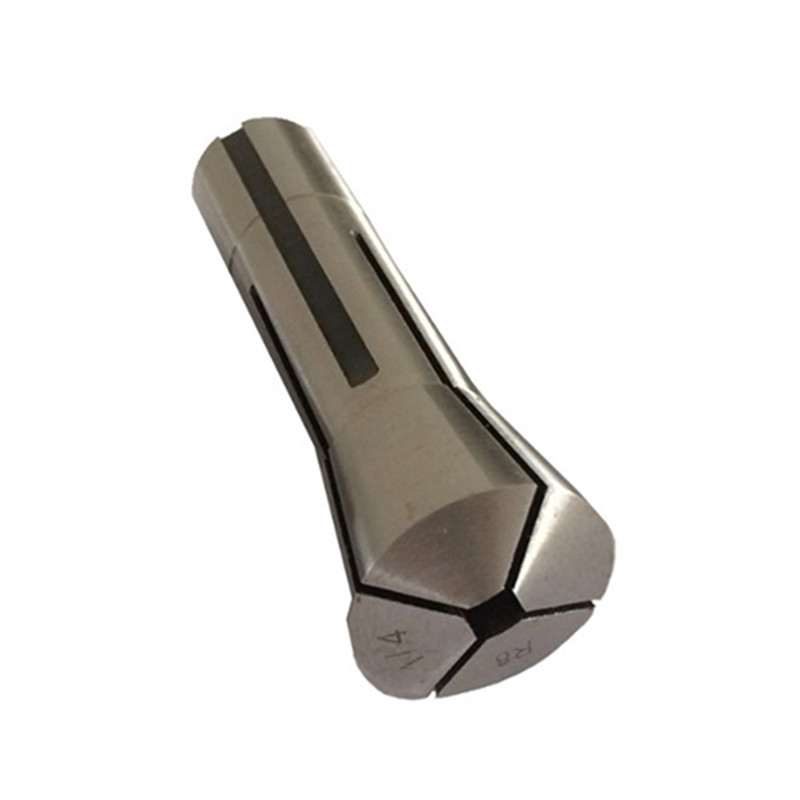 R8 Square Collet With Inch and Metric Size
R8 Square Collet With Inch and Metric Size -
 Auto Self Reversible Tapping Chuck In Drill Machine
Auto Self Reversible Tapping Chuck In Drill Machine -
 Precision Vernier Caliper Of Metric & Imperial For Industrial
Precision Vernier Caliper Of Metric & Imperial For Industrial -
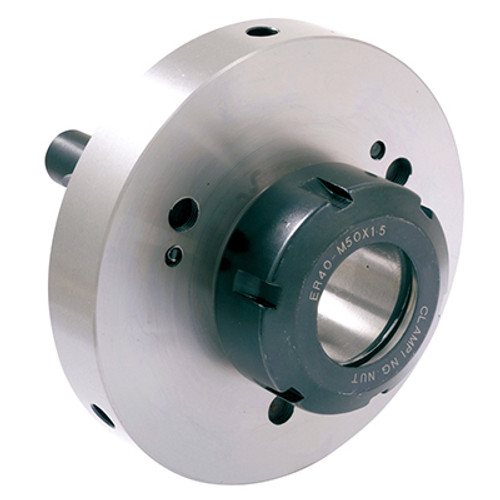 Camlock ER Collet Fixture With Lathe Collet Chuck
Camlock ER Collet Fixture With Lathe Collet Chuck -
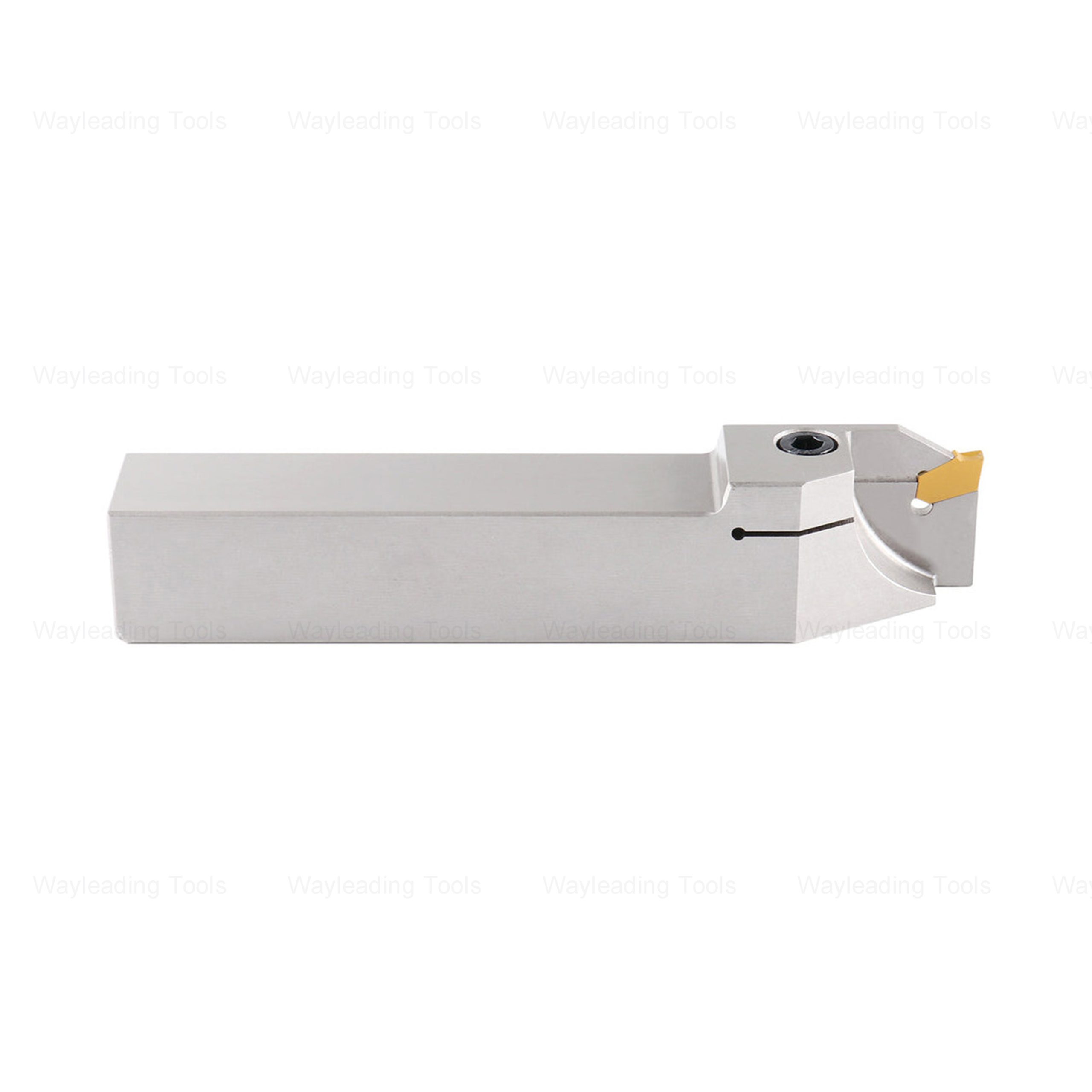 QA Grooving & Cut-Off Tool Holder
QA Grooving & Cut-Off Tool Holder -
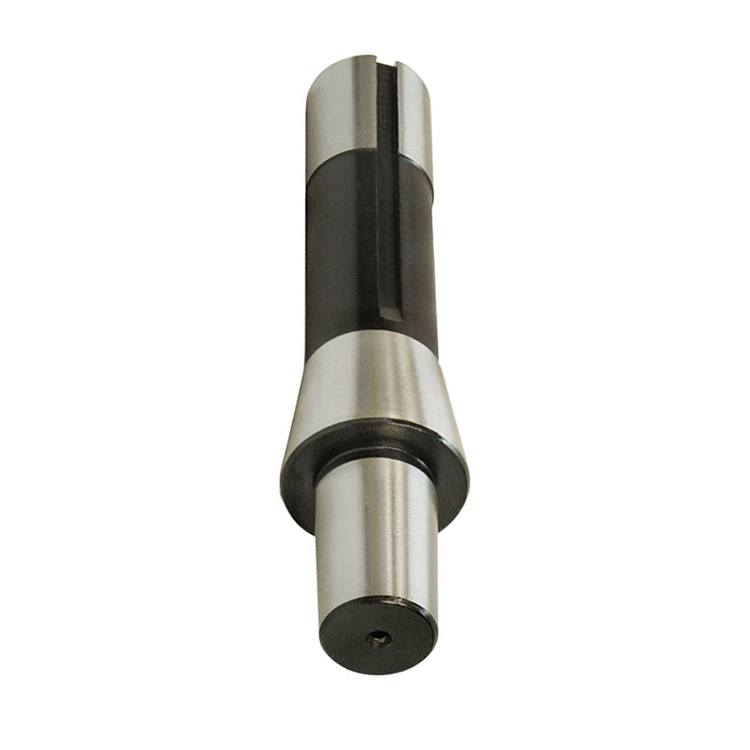 R8 Drill Chuck Arbor For Milling Machine
R8 Drill Chuck Arbor For Milling Machine -
 Inch ER Collets With Hight Precision Milling
Inch ER Collets With Hight Precision Milling -
 Precision 10pcs & 12pcs Angle Blocks Set With High Quality Type
Precision 10pcs & 12pcs Angle Blocks Set With High Quality Type -
 Precision V Block And Clamps Set With High Quality Type
Precision V Block And Clamps Set With High Quality Type -
 Deburring Tool Holder For The Deburring Tool Blades
Deburring Tool Holder For The Deburring Tool Blades -
 Plain Back ER Collet Fixture With Lathe Collet Chuck
Plain Back ER Collet Fixture With Lathe Collet Chuck -
 SCFC Indexable Boring Bar
SCFC Indexable Boring Bar






